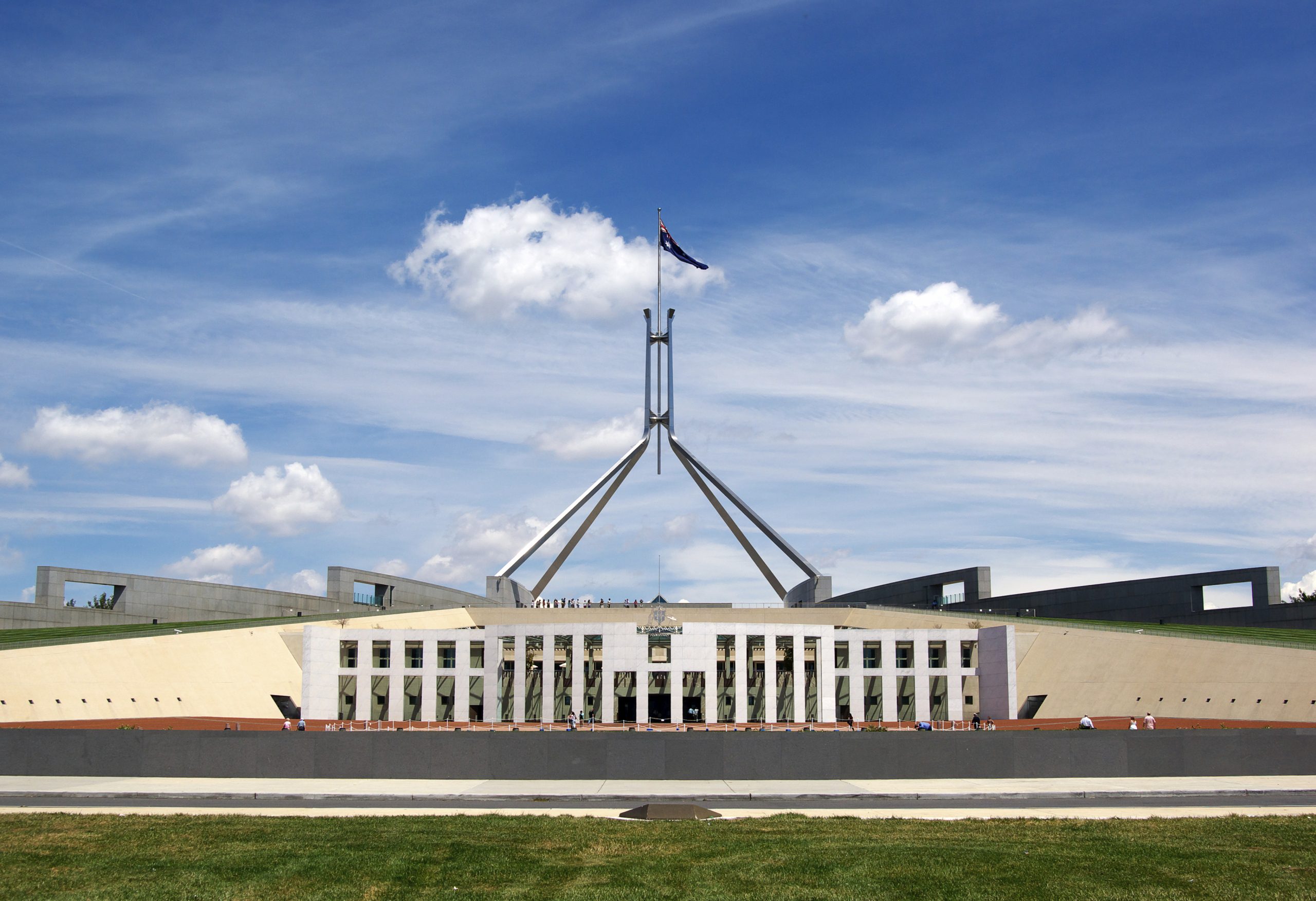The importance of being positive
This is not a piece about mindfulness. It’s a piece looking at the importance of delivering your message in a positive context.
Example one is Malcolm Turnbull.
Since being elected (by the Liberal Party) as Prime Minister on September the 15th this year the Australian mood has lightened a great deal. Why?
We ostensibly have the same policy settings that existed prior to MT’s elevation to the top job; it’s about jobs and growth, tough on borders, tough on terror (albeit with a more nuanced commentary), and a budget that is still in need of repair.
The economy has not miraculously turned around, it’s still “pitchy” and in a transition from the mining boom.
So what has changed?
It used to be the economy, stupid. Now it’s the manner in which the message is delivered.
Despite the somewhat hilarious appropriation of #ideasboom, the concept of embracing challenge, establishing policy settings that promote the very Australian pursuit of “having a go,” and accepting that failure is often the first step to success. Our public discourse is now framed in a remarkably different manner to that of the last 8 years.
The result; a nation that is more upbeat and a hope that is not based on “hard” data (if it was, one would expect to observe the status quo continuing), but based on being engaged in, and a part of, the discussion.
Update: I read with pleasant surprise earlier today in today’s The Australian (Shows potential but more work is needed, December 16, 2015) that Janet Albrechtsen agrees with my sentiment,writing:
Malcolm Turnbull earns early good marks too for setting a new tone and focus. Positive words are no substitute for good policy but there is undeniable power in a dose of upbeat leadership.
Example two is climate change messaging.
When the Paris climate talks were being discussed recently, an observation was made that the negative “doom and gloom” messaging was no longer gaining any traction in the public realm.
The conclusion reached was that people were simply sick and tired of the negativity associated with the issue. It didn’t mean that they were any less interested in climate change, nor were they any less interested in seeing action taken. The general consensus was that they wanted the discussion framed differently.
Both previous blogs published by RMKA and media commentary in the immediate aftermath of Tony Abbott’s demise commented on the Australian public’s lack of appetite for overtly negative and aggressive discourse.
The takeaway here is that if there is an opportunity to ‘be the statesman’ and frame your message in a positive light it will have greater cut through and success in the current climate.
Finding your positive angle and framing the associated positive messaging is something that RMKA excels at.












Leave a Reply
Want to join the discussion?Feel free to contribute!